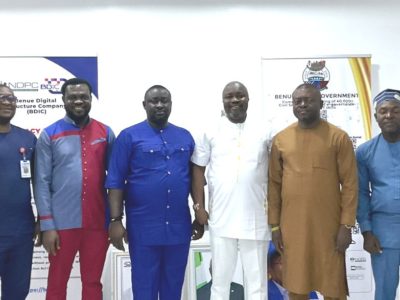By Oluwatobi Opusunju
The Nigeria Communications Commission (NCC) is exploring partnership with the Central Bank of Nigeria (CBN) to reduce arbitrary charges of the banking sector on USSD services. According to Executive Vice Chairman, NCC, Prof. Umar Danbatta at the recent three-day Digital Pay Expo in Lagos, the partnership will help make USSD services affordable for the average Nigerian citizen.
USSD (Unstructured Supplementary Service Data) is a Global System for Mobile (GSM) communication technology that is used to send text between a mobile phone and an application program in the network.
According to Danbatta, the keynote speaker of the event, the commission has just recently concluded a Cost Study on Mobile Termination Rate which has to determine the cost of USSD services in Nigeria.
He said as USSD has become a major channel currently being used for digital financial service provision, it is imperative it is standardized to curb the arbitrary charges of the banking sector in order to bring about a financial inclusive society.
He added that the standardization of the USSD charges will also help to tackle the issue of anti-competitive practices in the industry.
“We believe the Cost Study will assist in the facilitation of USSD-based financial service delivery at an affordable price. The issue of USSD-based pricing is a topical one, the NCC would further engage the CBN to standardize the arbitrary charges of the banking sector as this can be paramount in tackling anti-competitive practices,” the NCC boss said.
Additionally, Danbatta said the commission has ensured that telecommunications infrastructures are continually upgraded, expanded and made robust to enhance the delivery of digital financial innovation and other services in Nigeria.
“The NCC understands that successful implementation of financial inclusion will principally assist as a tool for reduction of poverty and achieving economic growth, as well as enable greater employment. Therefore the role of regulators and key MDAs cannot be overemphasized in driving financial inclusion implementation,” he said.





























